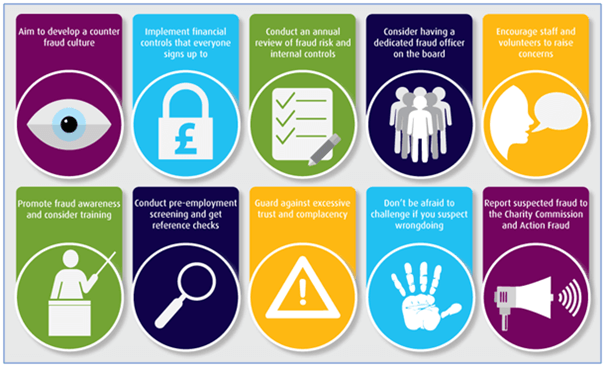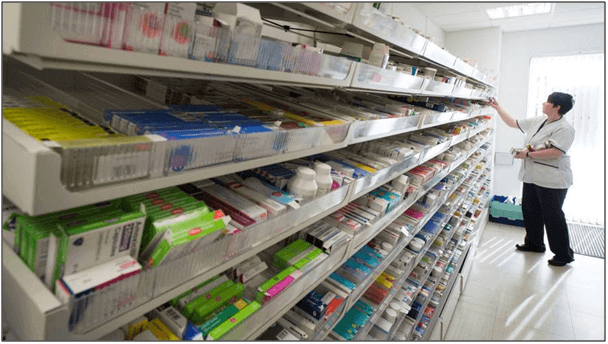The procurement of pharmaceuticals is a complex procedure that requires several steps and measures, involving many internal and external stakeholders such as agencies, ministries, suppliers, and manufacturers. Adequate policies, rules, and regulations are important to prevent any hindrance to the overall efficiency of an optimal procurement system to its market context.
This is part of managing a procurement and distribution system, helping to select the most cost-effective pharmaceuticals to treat common and uncommon diseases, identify and target the market needs, and select and shortlisting potential suppliers and products with the best quality. Failing to address these may lead to a lack of accessibility to the most appropriate pharmaceuticals, and subsequently wastage.

Table of Contents
Unbiased Market Information
Having weak access to unbiased market information regarding the supplier, product quality and availability, and comparative pricing can result in serious gaps in procuring bad quality pharmaceuticals at an unnecessarily high price or getting shunned out on essential drug availability.
Having a broad range of research studies and surveys across different pharmaceutical products and suppliers helps to identify and prioritize what are the problems that will have the largest influence on the success of pharmaceutical companies. This would usually involve the compilation of physician and product surveys that would look into the satisfaction rate and the pre-and post-clinical trial surveys of patients.
With more data gathered through the usage of these surveys and research tools, the more these pharmaceutical companies can be accurate in making procurement decisions.
Quality Assurance
Quality assurance is a broad range of notion that covers all subjects that collectively or individually affects the product’s quality. Its objective is the arrangement made to ensure that the pharmaceuticals are of the quality needed for the planned usage. The final pharmaceutical product must effectively and successfully go through internal quality control tests, to be performed by the purchaser, supplier, and manufacturer before registering it for safe usage. Once a supplier or manufacturer is chosen for procurement, the pharmaceuticals must go through pre-shipment and post-shipment assessment and inspection that is to be conducted by different agencies at a certified quality control lab. This testing ensures that the product complies with international and local standards of regulatory agencies.

The purpose of having an effective quality assurance system for the procurement of pharmaceuticals is so that each drug delivered to the patients is highly effective, safe, and of the right quality. The quality of these pharmaceutical products is backed by the management and technical activities such as the evaluation of the documentation of the product, performing or analyzing the quality through lab testing, and monitoring of the pharmaceutical’s performance. Management activities would be by choosing the most reliable supplier or manufacturer, monitoring closely their performance, contractual preparation, and using a robust inspection procedure for every touchpoint of the distribution network.
Regulation and Compliance
Every country would probably have a regulatory authority that mandates the different regulations and laws. However, several countries do not have the proper or sufficient regulatory practice and infrastructure in place to efficiently and effectively monitor the safety, usage, and quality of various pharmaceutical goods. This lack of quality assurance can heavily affect the broad availability of poor or substandard goods and even counterfeit pharmaceuticals. With consumers’ increased access to these pharmaceuticals, it would require a bigger need to help monitor and promotion of the pharmaceutical’s effectiveness and safety. Pharmacovigilance is a manner that can significantly help with providing more information that is unbiased, evidence-based to help guide the correct procurement decisions and promote the most cost-effective procurement strategy.

Over-estimation or Under-estimation of Quantity
Having a poor quantification of pharmaceuticals resulting in over-ordering or under ordering can lead to serious problems. With over order, it can pose challenges such as the expiration of pharmaceuticals before their prescription. The result is the wastage of these pharmaceuticals and financial resources as the expired pharmaceutical become poisonous or highly ineffective, and hence useless. When there is an under-ordering, it can result in shortages before the patients are served and endangering the well-being of the population. Having a strong quantification of the number of pharmaceuticals needed based on critical data and reports on the frequency of usage is hence very important.

The goal of efficiently manage the quantification of pharmaceuticals is to reduce cost and ultimately improve operational efficiency. To help with this, the companies need complete visibility of their current and forecasted inventory levels to create a basis on how to maintain an ideal supply level. This would usually require the tracking of the inventory stores and the number of pharmaceutical orders being generated. Ideally, it should be highly customizable as different pharmaceutical companies would probably have a different types of inventory needs. Highly customizable inventory control and management system can subsequently be scalable and grow with the industry as the needs and population of the patients change. The capability to integrate an effective inventory control system into the entire workflow of the company can be very challenging at every stage of the process.
The full content is only visible to SIPMM members
Already a member? Please Login to continue reading.
References
Business Wire. (2019). “Pharmaceutical Market Research: Experts at Infiniti Explain Why It Is a Linchpin for Success in the Pharma Industry”. Retrieved from https://www.businesswire.com/news/home/20191016005305/en/Pharmaceutical-Market-Research-Experts-at-Infiniti-Explain-Why-It-Is-a-Linchpin-for-Success-in-the-Pharma-Industry, accessed 18/03/2021.
Calvin Khoo Eng Chye, DPSM. (2019). “Key Procurement Methods for Pharmaceutical Drugs and Devices”. Retrieved from SIPMM: https://publication.sipmm.edu.sg/key-procurement-methods-pharmaceutical-drugs-devices/, accessed 18/03/2021.
Jason Evers. (2018). “A Better Way to Manage Costs in Pharma”. Retrieved from https://www.bain.com/insights/a-better-way-to-manage-costs-in-pharma/, accessed 18/03/2021.
Joy Muhia. (2017). “Factors Affecting the Procurement of Pharmaceutical Drugs: A Case Study of Narok County Referral Hospital, Kenya”, Retrieved from https://medical-clinical-reviews.imedpub.com/factors-affecting-the-procurement-of-pharmaceutical-drugs-a-case-study-of-narok-county-referral-hospital-kenya.pdf, accessed 18/03/2021.
Saw Chit Lay Maung, DLSM. (2020). “Crucial Factors for Transporting Pharmaceutical Products”. Retrieved from SIPMM: https://publication.sipmm.edu.sg/crucial-factors-transporting-pharmaceutical-products/, accessed 18/03/2021.
The USAID Global Health Supply Chain Program. (2019). “Module I | Quality Assurance in Procurement”. Retrieved from https://www.ghsupplychain.org/sites/default/files/2019-02/MNCH%20Commodities-Module1.pdf, accessed 18/03/2021.
Winky Lim, ADPMM. (2017). “Ensuring Sustainable Practices in Procurement for Effective Supply Management”. Retrieved from SIPMM: https://publication.sipmm.edu.sg/ensuring-sustainable-practices-in-procurement-for-effective-supply-management/, accessed 19/03/2021.





